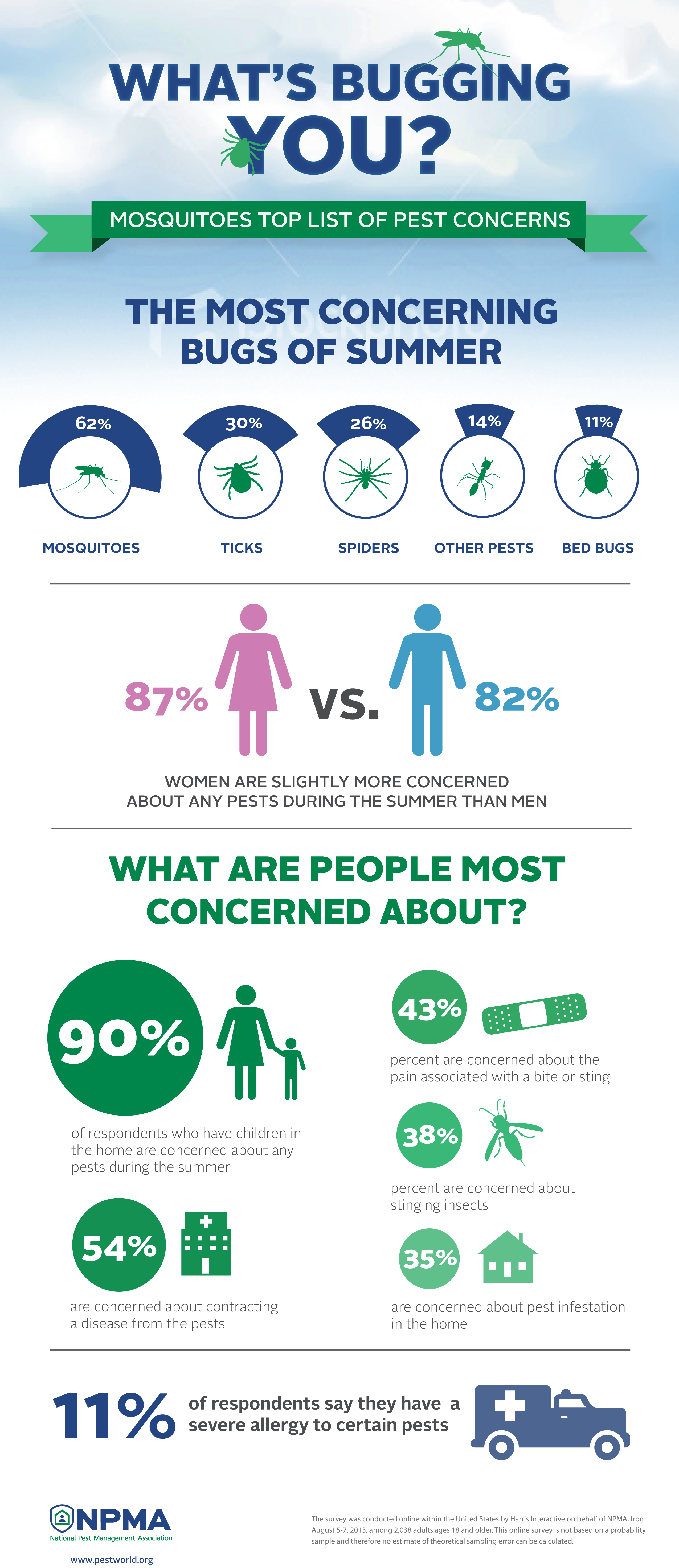Protect Your Garden From Pests: Suggestions For Keeping Unwanted Intruders Away
Protect Your Garden From Pests: Suggestions For Keeping Unwanted Intruders Away
Blog Article
Writer-Thorpe Sharma
Imagine your yard as a refuge, a location of harmony and elegance. However, mice control cost of outside bugs can rapidly disrupt this idyllic picture. Suppose there were basic yet effective methods to keep these unwanted visitors at bay and safeguard your garden sanctuary? By adhering to a couple of sensible tips and carrying out natural techniques, you can create an unified outside space where your plants can prosper uninterrupted.
Natural Pest Deterrents
To maintain pests far from your yard naturally, plant aromatic natural herbs like mint and lavender. These fragrant plants not only add charm to your yard yet likewise serve as efficient parasite deterrents. Pests like mosquitoes, flies, and even some garden-damaging pests are driven away by the strong aromas discharged by these natural herbs. Just placing them purposefully around your yard can help create an all-natural obstacle versus unwanted bugs.
In addition to mint and lavender, think about planting other natural herbs like rosemary, basil, and lemongrass to even more enhance your garden's pest-proofing abilities. These herbs not just work as all-natural repellents but likewise have actually the included advantage of being useful in food preparation or crafting home made solutions.
Strategic Plant Positioning
Consider the layout of your yard and the types of plants you have to purposefully place them for optimum pest-proofing effectiveness.
Start by organizing plants with similar resistance to parasites together. By doing this, you can develop an all-natural obstacle that deters insects from spreading throughout your yard.
Furthermore, putting pest-repelling plants like marigolds, lavender, or mint near more vulnerable plants can help secure them. High plants, such as sunflowers or corn, can function as a guard for much shorter plants versus insects like bunnies or ground-dwelling insects.
Bear in mind to leave adequate space between plants to boost air flow and reduce the danger of diseases that pests may bring.
Moreover, think about planting strong-smelling natural herbs like rosemary or basil near prone plants to perplex pests' senses and make it harder for them to locate their targets.
Effective Bug Control Techniques
For combating garden insects properly, implementing a multi-faceted bug control approach is necessary. Begin by motivating all-natural predators like birds, ladybugs, and hoping mantises to help maintain parasite populaces in check. Introducing plants that attract these helpful pests can assist in insect control. In addition, exercising excellent yard hygiene by removing particles and weeds where bugs might hide can make your garden less hospitable to undesirable site visitors.
Take into consideration utilizing physical obstacles such as row cover fabrics or netting to safeguard vulnerable plants from insects like caterpillars and birds. Using natural chemicals like neem oil or insecticidal soap can also be effective versus particular insects while being much less unsafe to useful bugs and the atmosphere. It's important to turn your plants each season to stop the accumulation of pest populaces that target certain plants.
Frequently examine your plants for indicators of bug damage so you can act without delay. By combining https://remingtonidysn.nizarblog.com/27240994/eco-conscious-insect-control-sustainable-solutions-for-a-pest-free-home and remaining alert, you can successfully control garden insects and enjoy a flourishing, pest-free yard.
Final thought
So, there you have it - with the appropriate strategies, you can keep pesky outside bugs away from your garden and help your plants grow.
Did you recognize that planting mint has been revealed to repel insects and various other pests, minimizing the need for hazardous chemicals by as much as 60%?
By incorporating natural deterrents and smart planting techniques, you can create a beautiful and pest-resistant yard sanctuary for you to take pleasure in.
